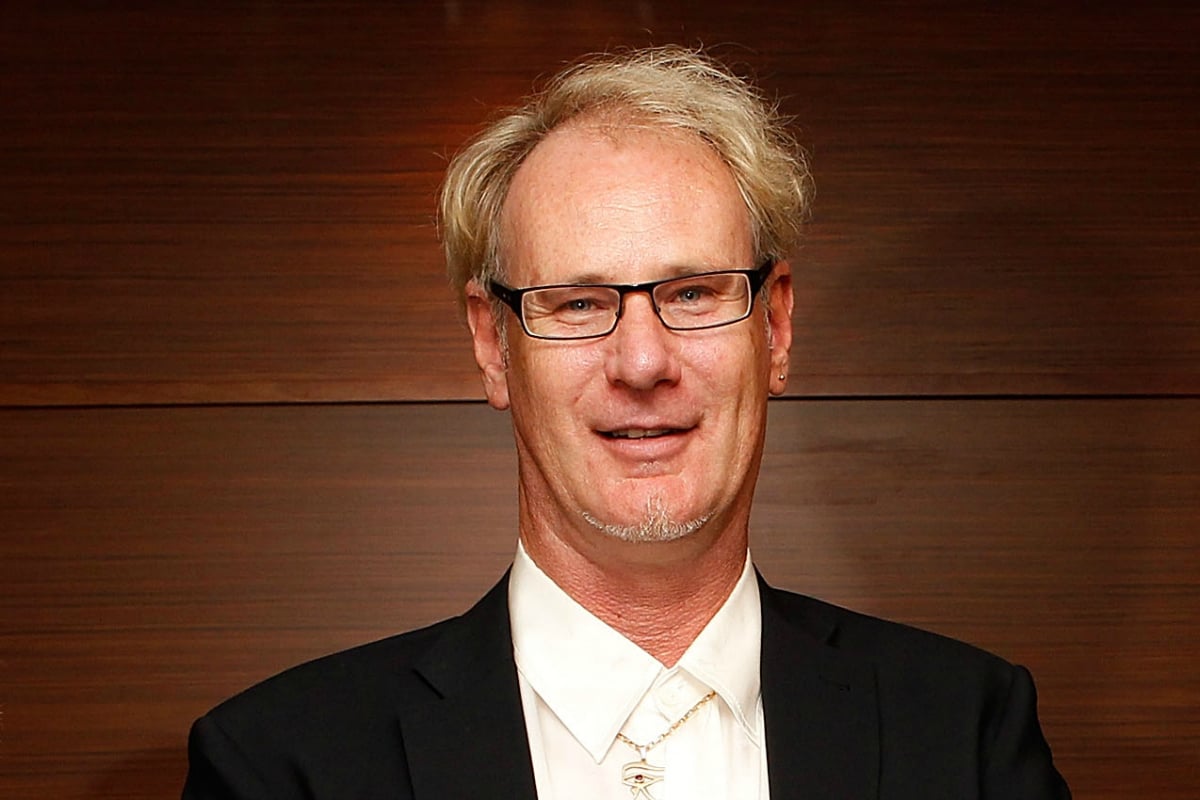
There are multiple principles of justice that are followed by the courts. The main 7 principles of justice are: high quality evidence, the presumption of innocence, the right to silence, the right to appeal, the judiciary is independent and impartial, everyone has the right to a fair hearing and everyone is equal before the law. These 7 principles are important to be followed to avoid an individual being wrongfully charged. The chances of an incorrect judication is higher if the principles of justice are not adhered to. Examples of this could be police tampering with evidence and juries having pre-determined views about the accused. Through an investigation of the 1994 Andrew Mallard case, it will be shown the importance of following these necessary principles.
In 1994, Andrew Mallard was accused of murdering Ms. Pamela Laurence. He was given a life sentence but was released after 12 years after he was proven not guilty for his crimes in 2006. A principle of justice that was not followed correctly with Andrew Mallard was lack of high-quality evidence. There was a lack of high-quality evidence because some crucial evidence was withheld from the court that would have been used to prove his innocence. This included no trace of his blood or DNA found at the murder site. In 2006 DNA from the actual killer was used to prove Andrew Mallard’s Innocence. This example demonstrates the importance of disclosing all physical evidence to ensure the right outcome.
Andrew Mallard also experienced inequality before the law because he had a mental illness (Bi-Polar, Depression and hyper mania) and was not given the right help. He instead was thought to be fed information by the police interrogating him. Mr. Mallard was interviewed a number of times by the police and ended up confessing to the killing and drawing a wrench as a potential murder weapon. A pathologist concluded that a wrench could not have caused Ms Lawrences injuries. These examples demonstrate that Mr. Mallard’s mental health was not fully taken into consideration and there was inequality in his interviews.
A third principle of justice is having an impartial jury. In the Mallard case the jury was swayed into thinking Andrew Mallard was the murderer because of negative statements such as Mr. Mallard being homeless, suffering a nervous breakdown, being a drug addict and committing other petty crimes. The court has since acknowledged that the case was riddled with inconsistencies such as lack of videotaped interviews and police harassment. The judicial system was incorrect in putting their full trust behind the police and their investigative process. It is important to have an impartial court with no predeterminations to ensure a correct outcome.
Andrew Mallard was released after spending 12 years in jail after winning an appeal to the High Court of Australia. Charges against him were dropped after his lawyers convinced the court of not following the principles of justice which were a lack of high quality evidence, inequality before the law and having an non impartial jury. It has since been proven through quality evidence that Andrew Mallard was not the murderer. If the principles of justice were followed and Andrew Mallard was treated fairly his life would been completely different and would not have spend 12 years in jail. It is important that principles of justice are always adhered to ensure justice for all.
necessary principles.